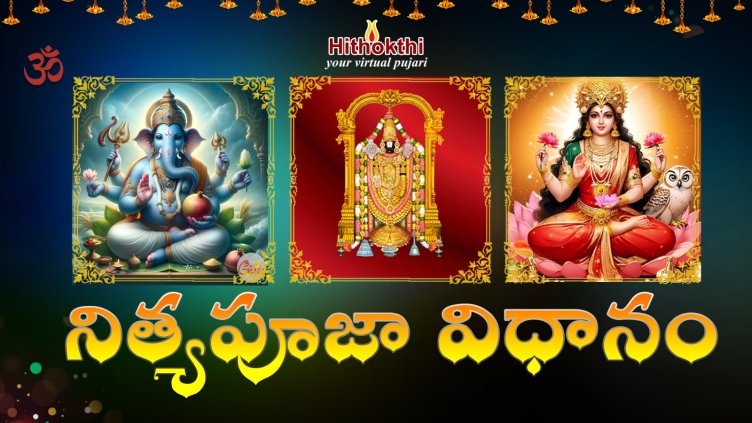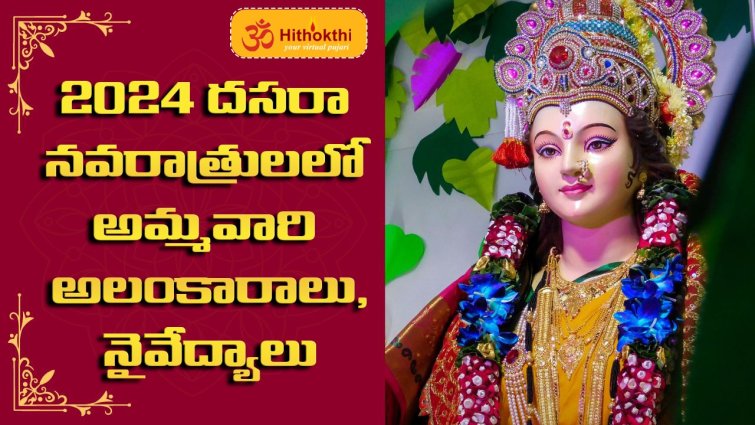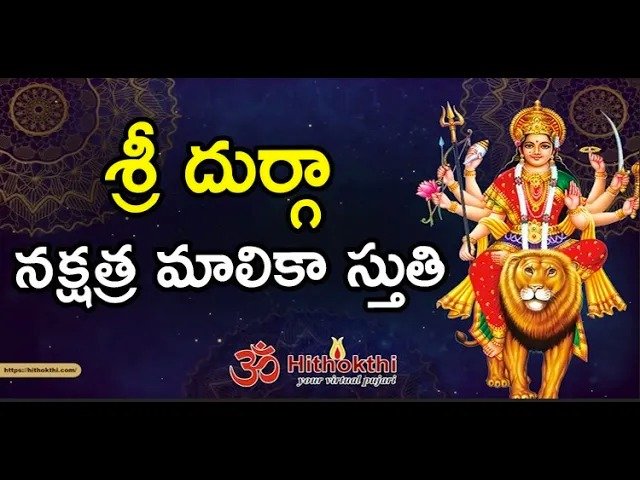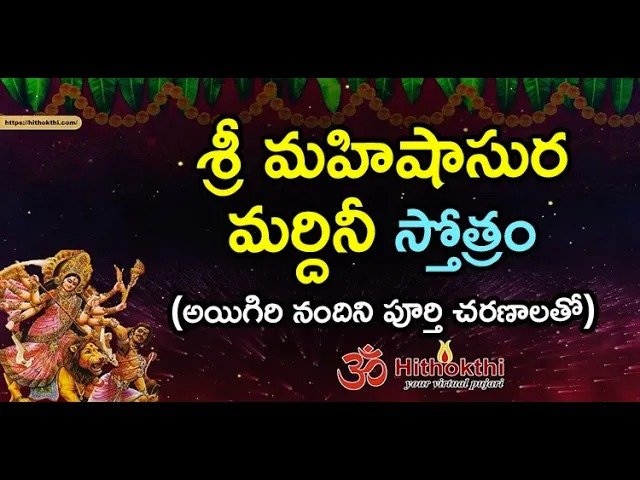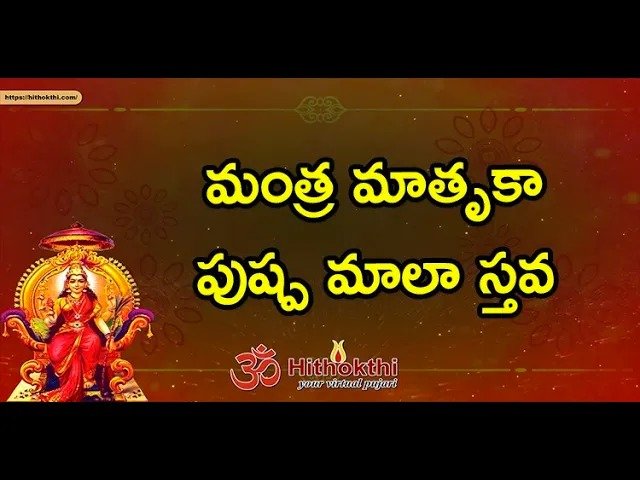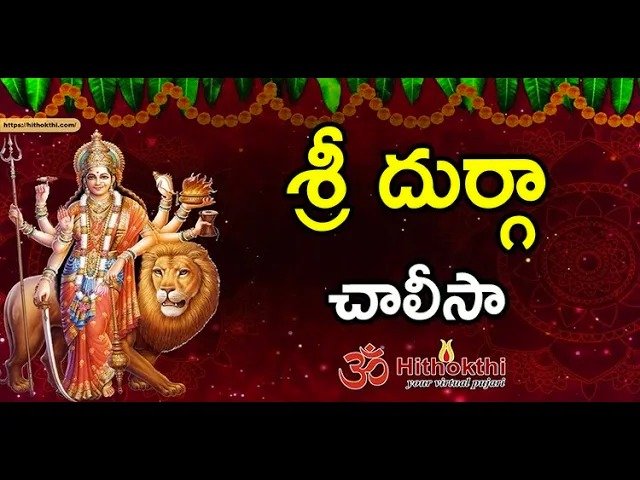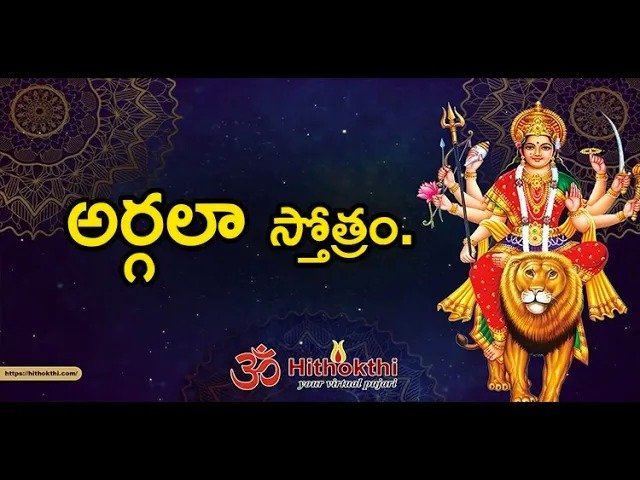Similarities between Babylonian & Vedic Hymns
August 7, 2013: Great men think alike? Or Did the Babylonians copy It from us? Look at the striking similarity. The similarity did not stop there. If you read about gods’ king Marduk, you will be reminded of Indra. There also we read about discord among gods, although they were brothers like our Hindu Devas and Asuras. Thank god, the plotting, scheming, conspiring, cunning Western scholars did not pollute it with racist theories like Aryan-Dravidian theory. One can understand their inertia in it; because they were all dead religions, dead cultures in museums. There was no need to harm it like they harmed india and Hinduism.

Scholars have already identified similarities between Atharva Veda and Babylonian myths. Babylonian Tiamat, Aligi, Viligi are in Atharva Veda. Atharva Veda called Sumerian and Babylonian gods ‘’snakes’’. Probably they belonged to Naga race. I have identified some more Sanskrit names like Sumuka, Urdhvaretas etc in Sumerian cultures.

Whatever the similarities or dissimilarities, both the poems on creation are a feast to poetry lovers. We are reminded of Big Bang and Big Crunch theories. There are more hymns following this hymn in Rig Veda and Babylonia.
The big difference is Babylonian poems are in clay tablets in museums around the world. But the Vedas are living traditions in the lips of priests in India. They have been passed by word of mouth from generation to generation. What reverberated on the banks of Mighty Sarasvati and Indus rivers 5000 years ago are still reverberating in the corridors of Hindu temples and orthodox homes.
Nasadiya Hymn -Creation (Rig Veda X-129)

‘’ There was neither non-existence nor existence then.
There was neither the realm of space nor the sky which is beyond.
What stirred? Where? In whose protection?
Was there water, bottlemlessly deep?
There was neither death nor immortality then.
There was no distinguishing sign of night nor of day.
That One breathed, windless, by its own impulse.
Other than that there was nothing beyond.
Darkness was hidden by darkness in the beginning,
with no distinguishing sign, all this was water.
The life force that was covered with emptiness,
that One arose through the power of heat.
Desire came upon that One in the beginning,
that was the first seed of mind.
Poets seeking in their heart with wisdom
found the bond of existence and non-existence.

Their cord was extended across.
Was there below?
Was there above?
There were seed-placers, there were powers.
There was impulse beneath, there was giving forth above.
Who really knows?
Who will here proclaim it?
Whence was it produced?
Whence is this creation?
The gods came afterwards, with the creation of this universe.
Who then knows whence it has arisen?
Whence this creation has arisen
- perhaps it formed itself, or perhaps it did not -
the One who looks down on it,
in the highest heaven, only He knows
or perhaps even He does not know.
Translation by Wendy Doniger O'Flaherty. From the Book "The Rig Veda - Anthology" . Hundreds of people have translated this hymn and commented on it.
The Babylonian creation poem
1.When there was no heaven,
No earth, no height, no depth, no name,
When Apsu was alone,
The sweet water, the first begetter; and Tiamat
The bitter water, and that
Return to the womb, her Mummu,
Where there were no gods—
2.When sweet and bitter
Mingled together no reed was plaited, no rushes
Muddied the water,
The gods were nameless, natureless, futureless, then
From Apsu and Tiamat
In the waters gods were created, I the waters
Silt precipitated,
3.Lahmu and Lahamu,
Were named; they were not yet old,
Not yet grown tall
When Anshar and Kishar overtook them both,
The lines of sky and earth
Stretched where horizons meet to separate
Cloud from silt
4.Days on days, years
On years passed till Anu, the empty heaven,
Heir and supplanter
First born of his father, in his own nature
Begot Nudimmud-Ea,
Intellect, wisdom, wider than heaven’s horizon,
The stronger of all the kindred.
If we drop the names like Tiamat, Apsu, Anu from the Babylonian poems, they may be mistaken for Vedic hymns!
Manu on Creation
In the beginning, it was water –apah—which was created and it is in this, that the seed or the nucleus of the cosmos was laid. (Manu 1-8)
Big Bang and Big Crunch ( Rig Veda 10-121)
‘’In the beginning the Golden Embryo arose. Once he was born, he was the one lord of creation. He held in place the earth and this sky. Who is the god whom we should worship with the oblation.’’
(KA is Prajapati. Ka is ‘who’ in Sanskrit. In this hymn ‘ka’ is used as a pun. I have only given the first stanza. I have already written in my post ‘Ka is the word for god in Egyptian hieroglyphs. The picture is ‘two raised hands’. The Brahmi ‘Ka’ came from this picture or vice verse.)
In another creation hymn of Rig Veda (10-130) first two stanzas remind us of spider making a web, extruding and intruding silk thread –big bang and big crunch—
The sacrifice drawn out with threads on every side, stretched by a hundred sacred ministers and one,--
This do these Fathers weave who hitherward are come: they sit beside the warp and cry, Weave forth, weave back.
The Man extends it and the Man unbinds it; even to this vault of heaven hath he outspun it.
Scholars who translated these hymns found it difficult to understand them. But yet we get a clear picture of creation.
Source: Speaking Tree, DT. August 7, 2013.

